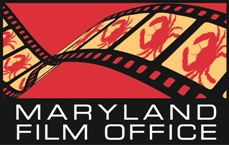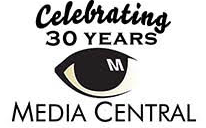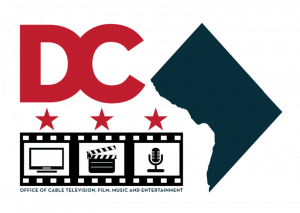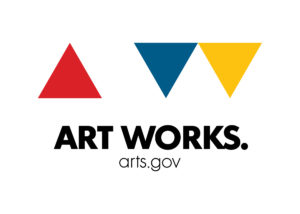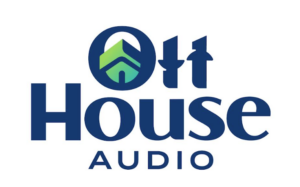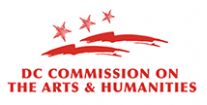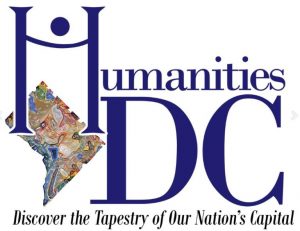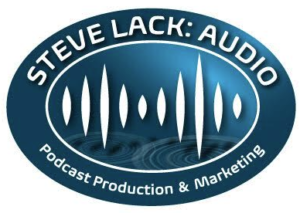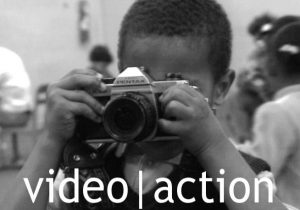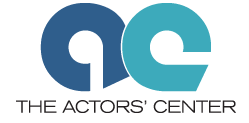By Erin Essenmacher
I attended a great session at the SXSW film conference entitled “Navigating Partnerships: Film and Advocacy”, focusing on the power and the challenges of partnering with advocacy groups to help build audience and buzz for independent film. Increasingly, social change advocates are savvy about the power of media and open to partnering with film and media artists to use the power of story to advance their missions. This climate offers new opportunities, but education and preparation are key.
Panelists included:
•Award winning journalist and filmmaker Deborah Esquenaz who is currently in production on the independent documentary Story of the San Antonio Four which profiles the high-profile case of four women in the LGBTQ accused of sex crimes.
•Andrea Black, executive director of the Detention Watch Network who collaborated on outreach around Participant Media’s feature film The Visitor.
• Director and CinematographerJohn Fiege who is currently in post-production on Above All Else, a feature-length documentary about the controversial Keystone XL pipeline.
•Shaady Salehi, executive director of Active Voice, a nationally recognized organization that designs and implements engagement campaigns using film to advance social justice.
The panelists covered a host of issues including who controls story and message, and how to establish clear roles. Here are some of the highlights and key takeaways:
- Respect what your partners bring to the table and understand that NGOs, non-profits and other groups have brands, names and reputations that they have worked hard to build. Keep this in mind as you approach them and respect their need to protect their own interests as they understand how to partner with you. You may have the issue in common, but they likely get approached by a lot of potential partners and need to pick and choose carefully. The topic may seem like a natural fit, but if the angle or approach doesn’t align, they may not bite. They may working within a political or other system with other sensitivities and don’t want to take a position that might compromise existing relationships.
- Don’t overlook smaller, local and grassroots organization. They may not have larger reach, but they can help you build an initial audience and create word of mouth. Deborah Esquenazi partnered with local LGBT groups of color around her doc-in-progress The Story of the San Antonio Four. Since she didn’t have a finished film or even a trailer, she share select raw interview footage at local screenings. By the time she went to apply to Sundance for funding, she had proven early interest in the film and a built-in audience she could point to. These were all key factors in helping her score key grants and support from larger, national organizations.
- The right partnerships can also be great for narrative films as well. Andrea Black discussed how partnering with groups working on detention and immigration issues was key to outreach and audience building efforts for the The Visitor. These partnerships helped them develop discussion guides and create a network of national screenings.
- Do your due diligence. Know what other films exist on the topic/s your film covers and how your film/storyline/angle fits in and adds to the discourse. Know the range of groups working on this issue and understand the differences in their audience, angle, model, approach and reach. How does your film fit with and help advance their work? Yes it takes a bit of time and homework, but it can pay off in spades when it comes time to get the word out about your film.
- Finding the rights partner/s is like dating. You need to go out and spend time together before you commit. Understand if you both have the same long term goals and ensure it’s the right fit. And it’s often better if you’re not exactly alike – different skills and perspectives that compliment each other can be a very powerful mix.
- Leverage your partners’ expertise. Use their knowledge to understand your topic better and to pulse check where your narrative might ring hollow, is incomplete or may need additional perspectives to tell a fuller, richer story. That said, understand your angle and motivation and don’t feel that you need to incorporate all perspectives or facets of an issue. You can drive yourself crazy (and more importantly lose your story in a morass of other details) by trying to please everyone.
- Know what you’re each good at. The advocates bring the subject matter expertise, but you as a filmmaker know how to tell a story and to put a human face on the issue. Respect that your partners likely have the deeper knowledge and expect them to respect that you know best how to develop character, build a narrative and tell the story. Done well you can create a powerful partnership that helps advance the issue AND your film.

